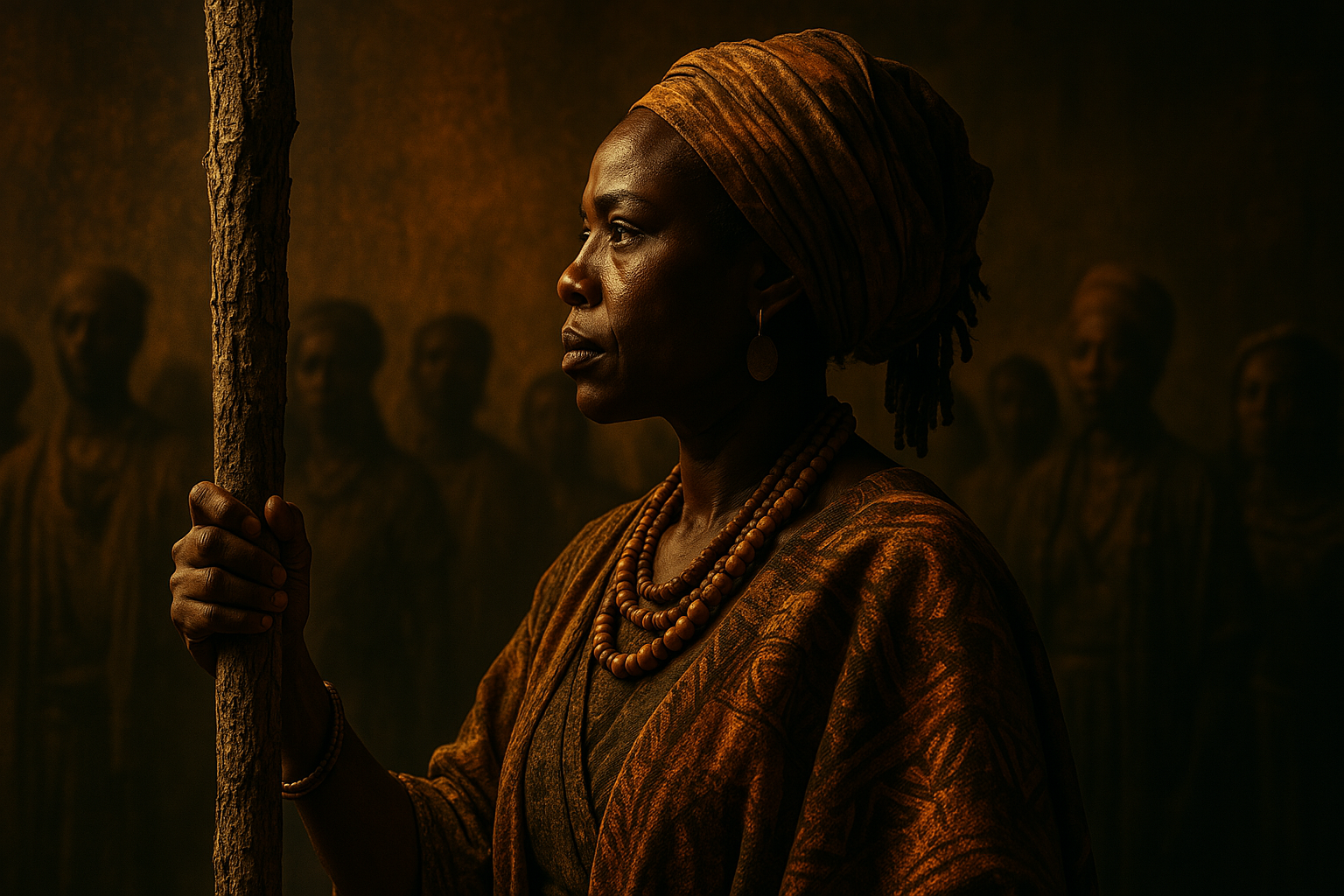Impact-Site-Verification: 7168d382-10f9-4b07-909e-fb0d82d186c2
Across oceans and generations, the African diaspora is reconnecting with ancestral roots in powerful and transformative ways. As global movements for identity, heritage, and cultural pride surge, millions of Afro-descendants are reviving forgotten African traditions—rituals, languages, and practices once silenced by colonization, displacement, and assimilation.
This revival isn’t just nostalgic—it’s revolutionary. It's a conscious reclamation of legacy, fueled by memory, migration, and modern tools like social media, film, education, and fashion. Here’s how the diaspora is breathing new life into traditions that once risked extinction.
🥁 1. Spiritual Practices Are Being Reclaimed
For generations, many African spiritual systems were demonized or erased through colonial and religious suppression. Today, however, African diasporans are embracing practices like:
Ifá, Vodun, Santería, and Kemetic spirituality
Ancestral altars, divination, and libation ceremonies
Sacred rituals honoring Orishas, ancestors, and cosmology
In countries like the U.S., Brazil, Haiti, and the U.K., younger generations are learning directly from African spiritual elders, initiating into lineages, and reclaiming spiritual autonomy.
🎨 2. African Art, Textiles & Symbols Return to Daily Life
From Adinkra symbols in Ghana to mud cloth from Mali, the diaspora is wearing and weaving African visual identity back into everyday life. Artists, designers, and entrepreneurs are integrating indigenous African patterns, colors, and storytelling into:
Fashion (e.g., Ankara streetwear, Kente graduation stoles)
Home décor (African masks, woven baskets, ancestral altars)
Tattoos and graphic design using sacred symbology
🧬 3. Language Revival & Naming Practices
As part of reclaiming identity, many Afro-descendants are learning indigenous African languages like Yoruba, Twi, Swahili, Wolof, and Igbo. Apps, YouTube tutorials, and cultural schools help connect families to the sound of their ancestors.
Additionally, more people are choosing African names for their children—or reclaiming their own African names to replace colonial or slave-era surnames.
🎭 4. Storytelling & Oral Traditions in New Media
African storytelling has always been central to cultural transmission. Today, diaspora creatives are reviving this through:
Podcasts, spoken word, and documentary films
Folklore retellings in children’s books and animation
Theatre and dance inspired by ancestral myths
These stories are being adapted to urban life and modern challenges, making them relevant while preserving their essence.
🪘 5. Dance, Music & Drumming Traditions Reimagined
In cities like New York, Toronto, and London, you’ll find diaspora-led classes in Afrobeats, Kizomba, traditional drumming, Bata, and Ngoma dance. These practices are passed down not just as performance, but as spiritual and communal acts.
African rhythm is also being revived through:
Drum circles
Cultural festivals
Modern genres like Afrobeats, Amapiano, and Afro-house
🌿 6. Healing Through African Herbal Medicine
Natural wellness has become a global trend, but for many in the diaspora, it’s also a return to ancestral healing. Herbs like moringa, neem, African basil (efirin), and hibiscus (zobo) are being reintroduced into wellness routines.
Communities are reclaiming:
Herbal teas and tonics
Steam therapy and natural skincare
Ancestral knowledge around health and spirit
📚 7. Diaspora Education & Cultural Schools
Across the globe, Black communities are opening cultural institutions to teach African history and tradition from an Afrocentric perspective. These include:
Pan-African homeschooling co-ops
After-school programs teaching drumming, language, and history
African-centered rites of passage programs
🔥 The Rebirth of Cultural Pride
For centuries, African traditions were fragmented or forgotten by force. But today, through curiosity, commitment, and connection, the diaspora is rebuilding bridges to the past and future.
This movement is not about looking back—it’s about moving forward with the wisdom of the ancestors, creating a global African identity that is proud, powerful, and whole.



